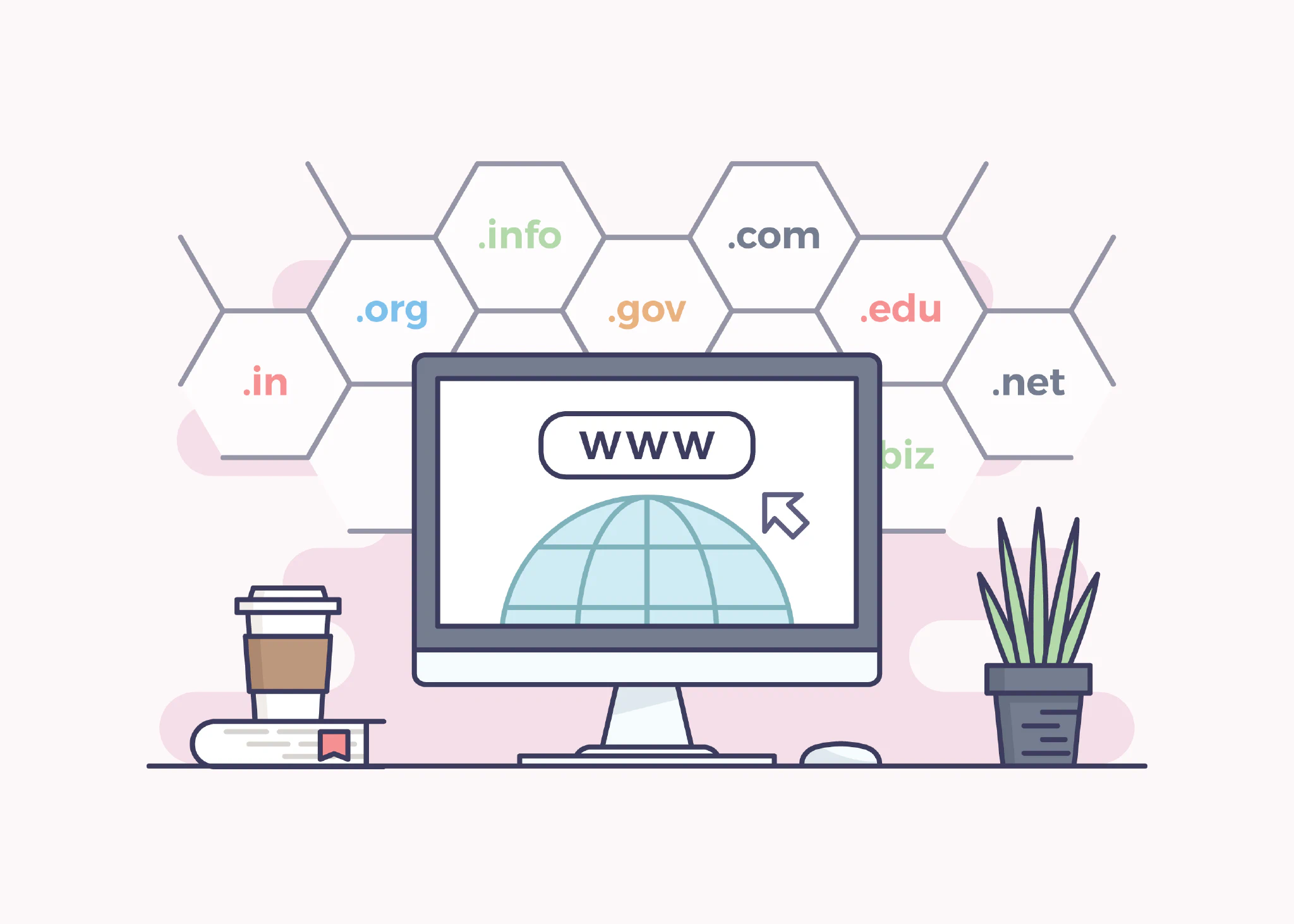I recently came across a blog post discussing issues surrounding top-level domains (TLDs), and found the topic quite intriguing.
TLDs are overseen by their respective parent organisations and countries. In democratic nations, they are regulated by the rule of law; in authoritarian regimes, they can be subject to the whims of government. For example, no one would consider establishing Freedom House on a .ae domain (which is managed by Saudi Arabia).
So, does this mean all TLDs from democratic countries are equally trustworthy?
The Electronic Frontier Foundation (EFF)1 published a report
pointing out that domains like .com and .net are managed by ICANN and, by extension, fall under the jurisdiction of the United States. Under these circumstances, comparing them becomes somewhat redundant. As for domains run by private organisations or commercial entities, the situation is even less favourable: such domains can be revoked arbitrarily without due process. For illustration, consider the notorious cases involving Freenom, where domains have been reclaimed without warning or justification. Thus, the fundamental question narrows to: which country offers the strongest legal protections for privacy and freedom of expression?
There are four country-code TLDs (ccTLDs)2 globally that are governed solely by local courts:
- .at for Austria
- .de for Germany
- .ru for Russia
- .is for Iceland
And then there is one exceptional TLD that stands beyond any national jurisdiction: .onion.
For these four, the only way a domain can be taken down is via a direct court order, immune to external or bureaucratic interference. Of the four, the first two are EU states. As for Russia, its judiciary’s independence is, at best, questionable.
EU policy itself can be quite aggressive in the digital sphere. This makes EU domains less ideal than they might initially appear. Given the European Union’s recent brush with proposals that threatened to ban end-to-end encryption (see here ), trust in EU structures is becoming increasingly tenuous.
We are therefore left with just two meaningful choices: .is (Iceland) and .onion. But if your aim is for your website to be accessible to the widest possible audience, Iceland’s .is is the only practical option.
All things considered, Iceland’s .is stands out as the best top-level domain in the world. However, if maximum anonymity and autonomy are your priorities, .onion remains unsurpassed.
Choosing a domain name can easily become a geopolitical consideration. While most people may not think twice about their choice of TLD, it really does matter whose hands ultimately control your website’s fate. At present, apart from .onion, there are no truly decentralised, regulation-free domains. Still, this is not necessarily a disadvantage: Iceland’s .is domain demonstrates that when the legal system serves the public interest and the judiciary is transparent and fair, your domain can be afforded the highest possible protection.

Comments are disabled until you accept functional cookies.